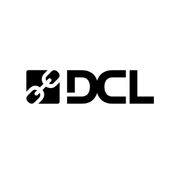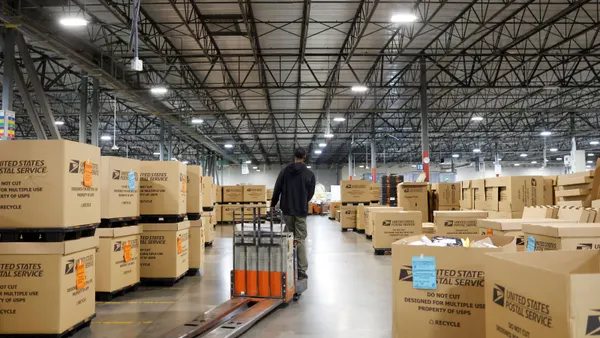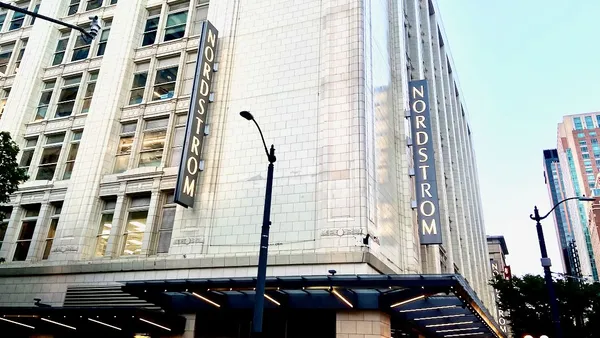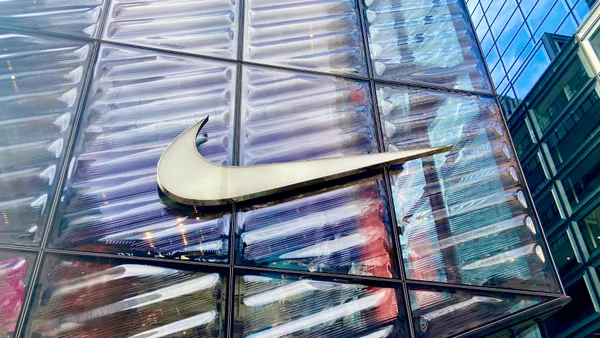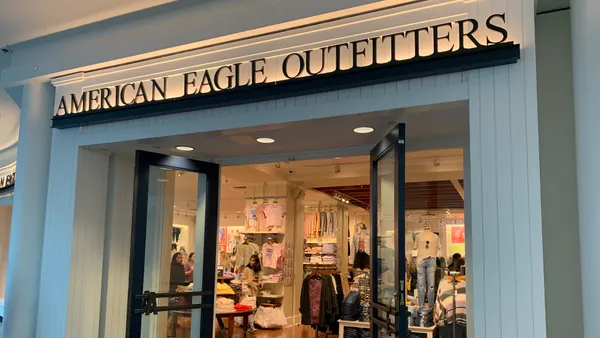Dive Brief:
- AutoZone is implementing price increases to offset higher costs resulting from tariff hikes. These increases will come in "waves" to minimize the burden on customers, AutoZone CEO William Rhodes said this week.
- "Because of the earlier tariffs, we had experienced a small amount of inflation, a departure from the norm due to tariffs," Rhodes said on AutoZone's earnings call Tuesday. "As the new tariffs have been introduced we have begun to pass those costs on to our customers as these costs can be significant up to 25% currently on a product."
- AutoZone's adjusted sales were still up 5.4% compared to the same period last year even as the company has been raising consumer prices to offset the impact of tariffs.
Dive Insight:
The retailer's jump in sales dollars is the result of multiple factors.
Rhodes said on the call the company's $350 million YoY sales increase from last year was due to a "combination of many initiatives that have been in development for years including inventory assortment improvements, hub and mega hub expansions," and investing in its growing Duralast line of parts.
On the other hand, AutoZone CFO William T. Giles said, "there is definitely a component of the same store sales that is somewhat driven by inflation but overall it was a healthy growth overall," stressing that the company's merchandising team is minimizing the impact on customers by raising costs slowly versus all at once.
When it comes to managing cost increases due to tariffs on the supplier side, Giles said while the company is looking to minimize costs, it is prioritizing investments in growth opportunities such as developing the Duralast brand and improving its omnichannel offerings. "We continue to see growth in website traffic and rapid growth in ship to home, next day delivery, and buy online and pick up in store," Rhodes said. However, these channels make up less than 5% of the company's overall sales compared to brick-and-mortar retail.
The cost of tariffs has presented retailers with a tough choice, to either absorb the cost of tariffs or pass them on to customers and risk losing business.
Walmart has committed to not raising prices to compensate for tariffs for now, though it admitted price increases could come in the future, while Target has chosen to put that burden on its suppliers as opposed to its customers. For comparatively smaller retailers like AutoZone however, the tariff impact on auto parts from the trade war with China and looming tariff conflicts with Japan and the EU may make putting price increases in place a more feasible long term bet.







